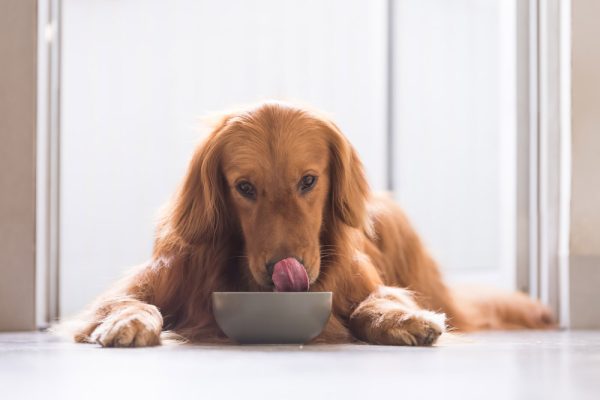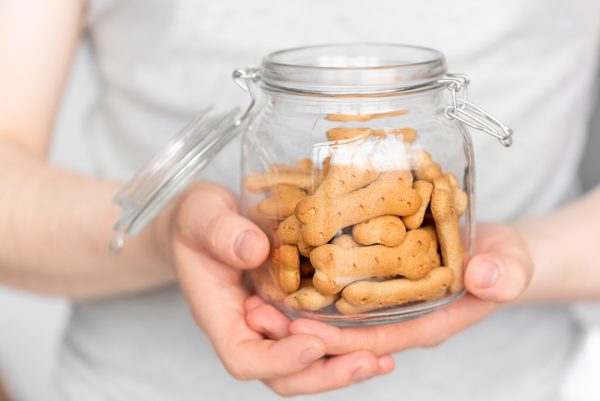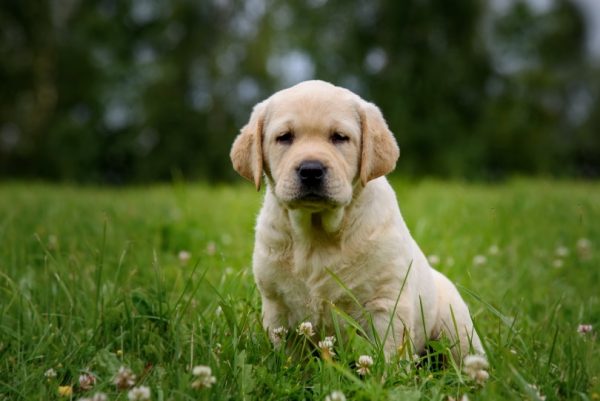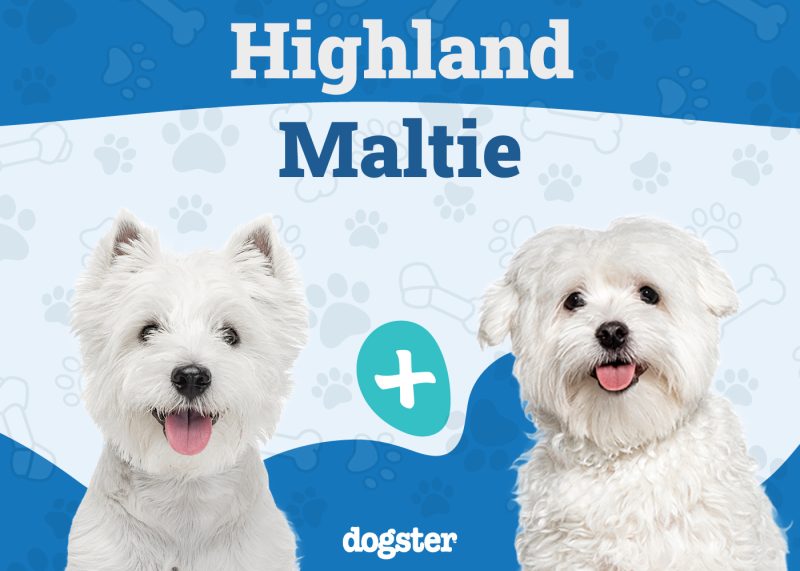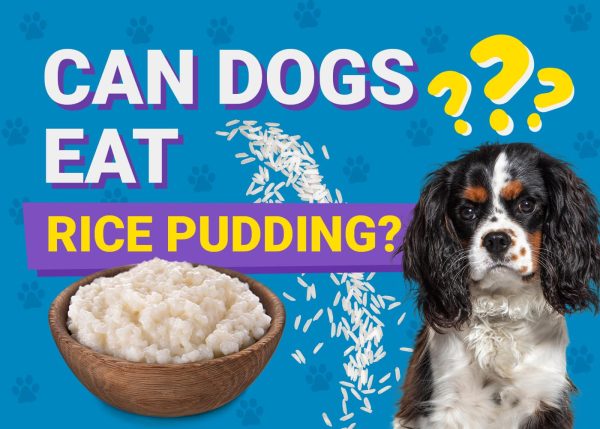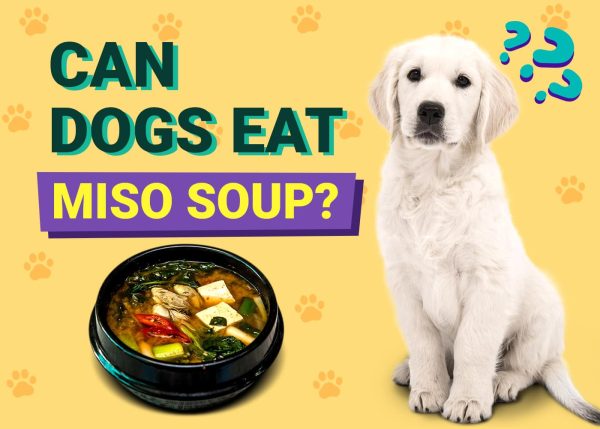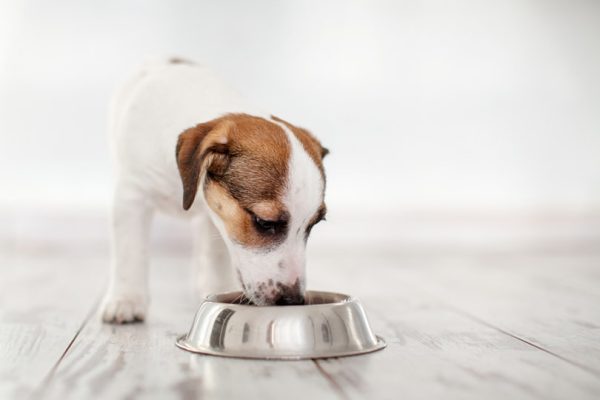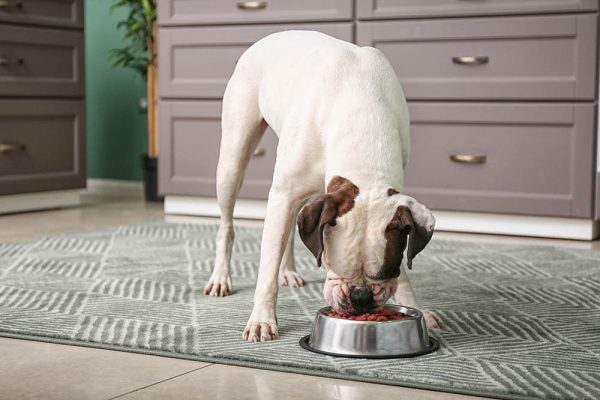Gourds are often used for decorative displays in autumn, both in the home and the garden. They’re all part of the Cucurbita family, which includes pumpkins and squash. Gourds are generally safe for dogs in small quantities.
Still, there are plenty of precautions to take when feeding gourds to your dogs—or keeping them out of reach for accidental ingestion.

What Are Gourds?
Gourds are among the oldest cultivated plants but terminology can be a bit confusing. The word gourd is not a scientific description of a particular plant but rather a collection of similar vine plants bearing fruits with a thick hard skin some of which are edible. These include cucumber, melon, squashes and pumpkin. However in common language gourd usually refers to any of the hard-rinded inedible fruits of plants from two families (Lagenaria and Cucurbita) often used for ornament or for vessels and utensils.
They were used as water bottles by Ancient Egyptians and storage containers or utensils by Indigenous groups in North America.
Now, gourds are used as a garden novelty in autumn. They may also be used as musical instruments like maracas or drums, as vases or bowls, or for other novelty purposes.
Though gourds, pumpkins, and squash belong to the same family, there’s a distinct difference. Gourds are generally hard-shelled, non-edible fruits kept for ornamental purposes, while squash and pumpkins may be used for edible or ornamental purposes. Unless the latter are cured, they won’t last long enough for decoration because of their soft shells.
Decorative gourds are used for ornamental purposes for a reason. They have some bitter flesh when they’re immature, but they develop a hard shell with minimal flesh inside as they mature.
They’re not toxic, but they don’t taste good.
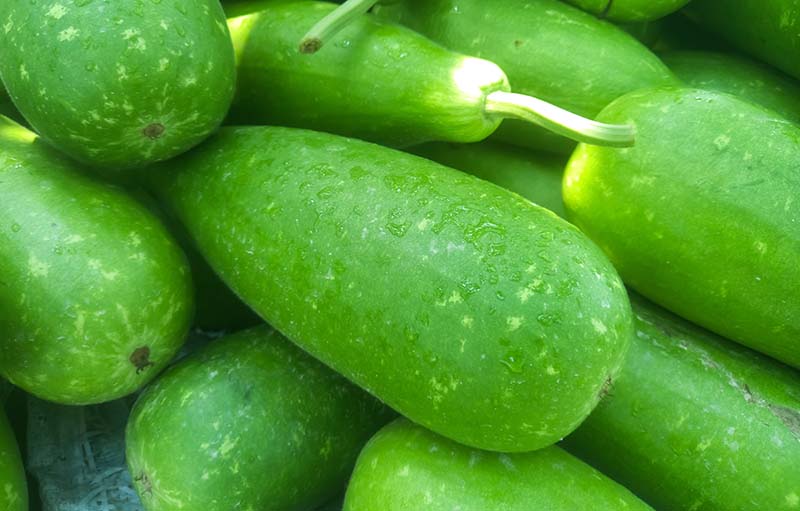
Are Gourds Safe for Dogs?
Strictly speaking, there’s nothing toxic or poisonous in gourds that would be dangerous for dogs, but that only applies to natural gourds. Many decorative gourds are treated with shellac, glue, or other substances to make them last longer in your home or garden, some of which can be dangerous.
If you’re not sure if your gourds are treated, it’s best to keep them out of reach of your pet. If that’s not possible, stick to untreated decorative gourds that don’t have shellac or other toxic substances.
Another risk with gourds is that your dog may ingest whole pieces of gourds, which can cause an intestinal blockage.
If you need to speak with a vet but can't get to one, head over to PangoVet. It's our online service where you can talk to a vet online and get the advice you need for your pet — all at an affordable price!
What About Pumpkins and Squash?
Because they’re in the same family, pumpkins and squash are often described as “gourds.” These foods are safe for your dog—healthy, even—in small quantities.
Pumpkins and squash are good sources of fiber. In fact, some people recommend giving dogs pumpkin for both constipation and diarrhea as a home remedy.
However, pumpkin and squash are high in beta carotene, which is converted to vitamin A. Feeding small amounts, as in just a few tablespoons for a large breed, is fine, but high amounts or frequent feedings could cause vitamin A toxicity.
If this happens, your dog may show signs like vomiting, drowsiness, irritability, and peeling skin. Chronic over-supplementation of vitamin A can cause more serious issues, such as chronic constipation, weight loss, dry skin, excessive bone development, and limited movement.
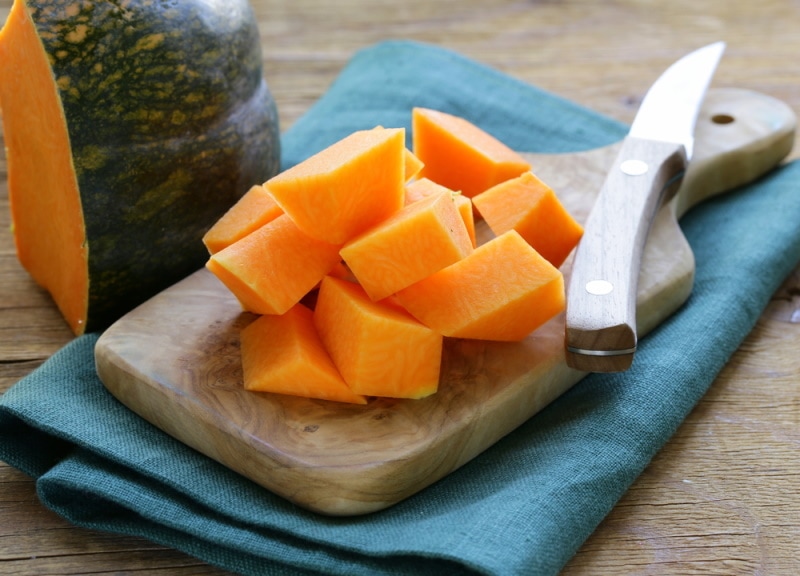

Conclusion
Gourds are a fall staple for homes and gardens, but they’re not an ideal treat for your dog. Decorative gourds may be treated with shellac or other substances that can be toxic, and even if they’re not, they don’t provide much flesh for your dog to eat. Pumpkin and squash can be a healthy treat, but it’s important to feed sparingly. Your dog gets all the nutrition it needs from its diet, so there’s no need to go overboard with pumpkin and squash.
Featured Image Credit: jiangdi, Shutterstock





